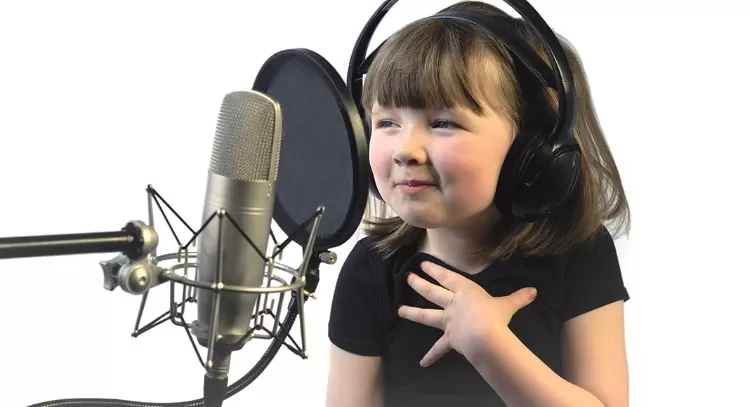Voiceover training has gained popularity in South Africa as the demand for professional voice artists grows across various industries, from advertising to animation, e-learning, and film production. Whether you're considering voiceover work as a career or as a hobby, there are several resources and training options available that can help you hone your skills.
What is Voiceover Training?
Voiceover training refers to a specialized education that focuses on teaching individuals how to use their voice effectively for various projects, such as commercials, documentaries, dubbing for films, character voices, and audio books. The training typically covers voice techniques, microphone usage, vocal warm-ups, and script interpretation. Voiceover artists must learn how to control their pitch, tone, and pace to convey emotion and information to an audience.
Why Consider Voiceover Training in South Africa?
South Africa's diverse linguistic and cultural landscape makes it a unique market for voiceover artists. There is a demand for voices in multiple languages, including English, Afrikaans, Zulu, Xhosa, and others, allowing for more job opportunities. Additionally, as the South African entertainment industry grows, more projects require skilled voiceover artists, creating a vibrant market for individuals trained in this field.
Popular Voiceover Training Schools and Courses in South Africa
There are several reputable Voiceover training South Africa that offer courses to aspiring voice artists. Some schools offer short workshops, while others provide more in-depth, long-term training. These schools focus on different aspects of voiceover work, including script reading, emotional delivery, and technical aspects like sound editing and recording. A few well-known institutions in South Africa include:

The Voiceover Workshop – Based in Cape Town, this workshop offers hands-on training and professional guidance for aspiring voiceover artists. It covers everything from voice techniques to demo creation.
SA Voice Academy – Located in Johannesburg, this academy provides comprehensive voiceover training, focusing on various genres such as radio, animation, and narration. It also includes individual coaching sessions and portfolio development.
Kerry’s Voiceover Coaching – Based in Durban, Kerry’s coaching program is one of South Africa’s leading options for professional voiceover training. Their courses emphasize performance, character work, and technical skills.
Skills Acquired Through Voiceover Training
Voiceover training is not only about learning how to speak clearly but also about mastering the art of communication. Some of the key skills you will acquire during voiceover training include:
Voice Control and Technique – Learn how to modulate your voice, experiment with different tones and pitches, and perfect your delivery.
Microphone Techniques – Understanding how to position yourself in front of a microphone for clear and optimal sound recording.
Script Interpretation – This involves understanding the material you are reading, adjusting your tone, speed, and emotion based on the script's intent.
Voice Care – Maintaining the health of your voice is essential for longevity in the industry, so voiceover training includes techniques for vocal care and avoiding strain.
Why South African Voiceover Artists Are in Demand
The demand for voiceover talent in South Africa is influenced by various factors. One of the key reasons is the growth of the media and entertainment sector, which includes radio, television, online platforms, and video games. International brands and production houses are also increasingly turning to South African talent for projects, given the country's diverse range of accents and languages.
Additionally, local industries, such as the advertising sector, are constantly seeking fresh voices for commercials, while corporate companies require voiceover artists for training videos and e-learning modules. The versatility and adaptability of South African voice actors make them highly sought after.
Building a Career After Training
After completing voiceover training in South Africa, the next step is to build a portfolio that showcases your skills. This includes creating demo reels, which are essential for applying for voiceover jobs. Your demo reel should highlight different types of voice work, such as commercial ads, character voices, and narration. It’s important to continually practice and update your demo reel as you gain more experience.
Networking within the industry also plays a crucial role in career growth. Attend industry events, connect with other voiceover artists and production companies, and actively seek auditions. Online platforms like Fiverr, Voices.com, and local South African talent agencies also provide opportunities for aspiring voiceover artists to get started.
Conclusion
Voiceover training in South Africa offers individuals the opportunity to explore a rewarding and creative career in the entertainment and media industry. With the growing demand for voice talent across various fields, professional voiceover training has never been more important. Whether you’re just starting or looking to refine your skills, there are plenty of training resources available in South Africa to help you embark on your voiceover journey.













